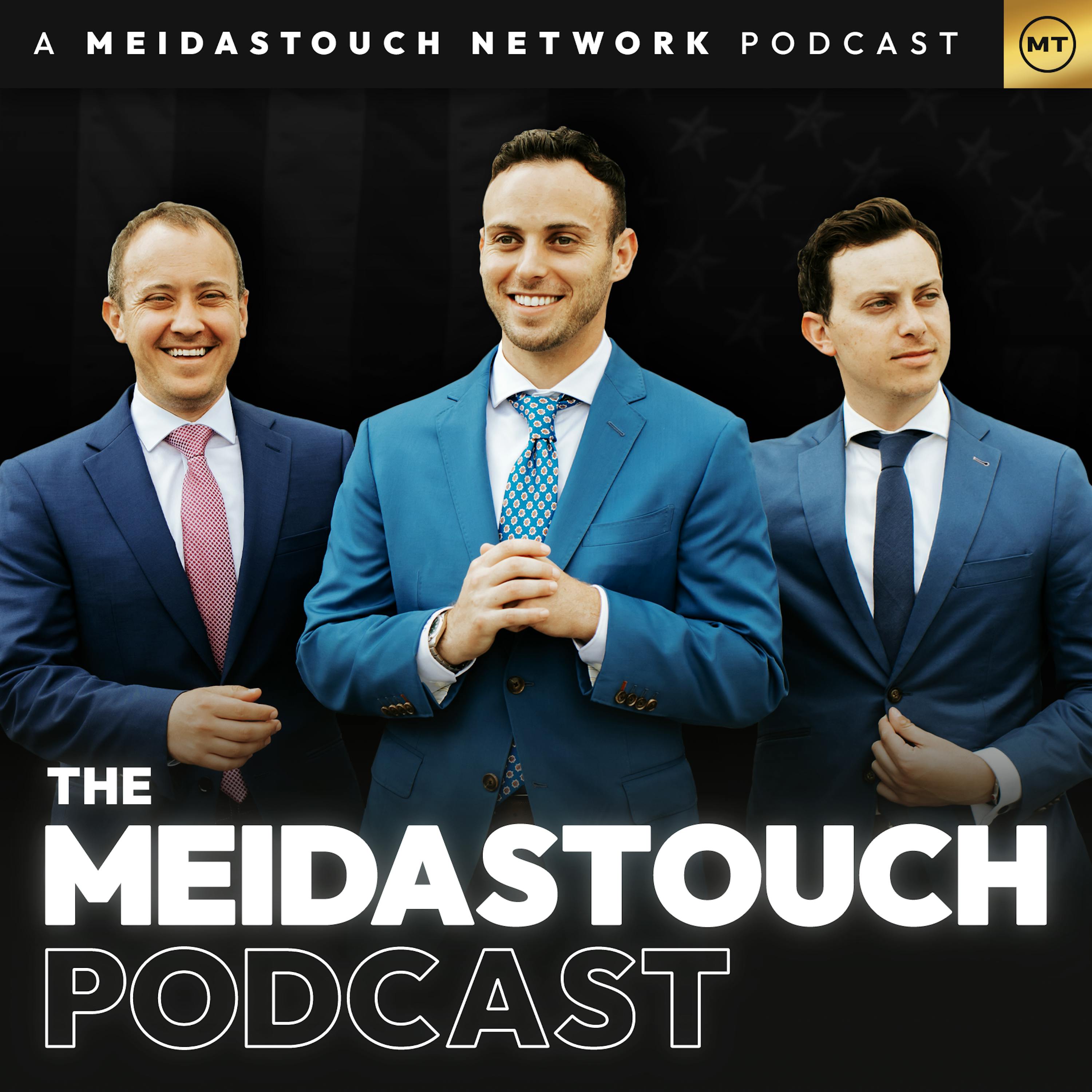Meidas Health: Dr. Nick Mark on H-1B Visas and The Future of American Medicine
Dr. Nick Mark joins Vin on Meidas Health for a deep dive into how Trump’s H1B visa policy will have wide-ranging impacts on hospitals and clinics in your community.
Learn more about your ad choices. Visit megaphone.fm/adchoices
Learn more about your ad choices. Visit megaphone.fm/adchoices
Press play and read along
Transcript
Transcript is processing—check back soon.
The MeidasTouch Podcast — Meidas Health: Dr. Nick Mark on H-1B Visas and The Future of American Medicine

